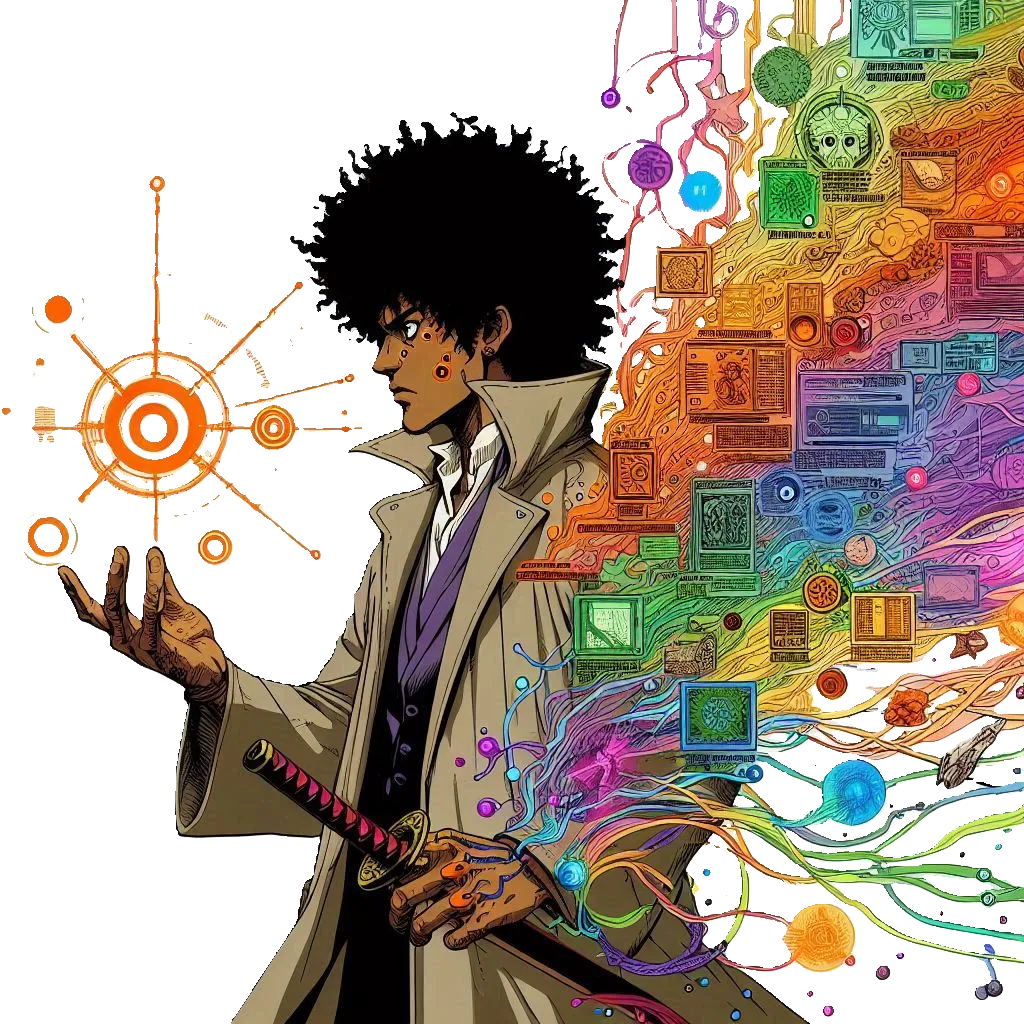Axols: An Evolution Simulation in Go
// Local image stored in the the same folder

Have you ever wondered how life evolves over time? What if you could watch evolution happen right before your eyes? Enter Axols, a captivating evolution simulation that brings the process of natural selection to life on your computer screen.
Axols is a Go-based project that simulates the life and evolution of particle-like creatures called “axols” in a 2D environment. Using the Pixel game library, it creates a visually engaging representation of these digital lifeforms as they navigate their world, seek food, and evolve over generations.
Key Features of Axols
-
Two Distinct Species: The simulation starts with two different types of axols, each with their own unique properties. This diversity sets the stage for interesting evolutionary paths.
-
Food-Seeking Behavior: Axols aren’t just wandering aimlessly. They actively seek out food sources within their sensory range, mimicking real-world foraging behaviors.
-
Generational Evolution: Every 10 seconds, a new generation is born. The most successful axols (those who consumed the most food) get to pass on their traits, driving the evolution of the population.
-
Mutation and Crossover: Just like in nature, axols’ offspring inherit traits from their parents, but with the possibility of mutations. This genetic variation is the fuel for evolution.
-
Visual Representation: Each axol is beautifully rendered with a translucent body, a nucleus, and a wiggling tail. It’s not just data - you can actually see the creatures moving and evolving!
What makes Axols particularly interesting is how it simplifies complex evolutionary concepts into a visually appealing and easy-to-understand format. Whether you’re a biology enthusiast, a coding aficionado, or just someone curious about the mechanics of life, Axols offers a unique and engaging experience.
While the project is still evolving (pun intended!), with plans for multiple biomes and more complex evolutionary mechanisms, it already provides a fascinating glimpse into the world of digital life simulations.
So why not give it a try? Clone the repository, run the simulation, and watch as generations of axols adapt and evolve before your eyes. Who knows - you might just gain a new perspective on the intricate dance of life and evolution!